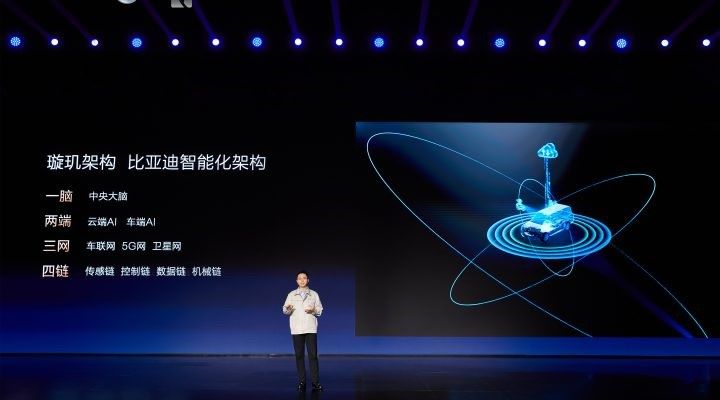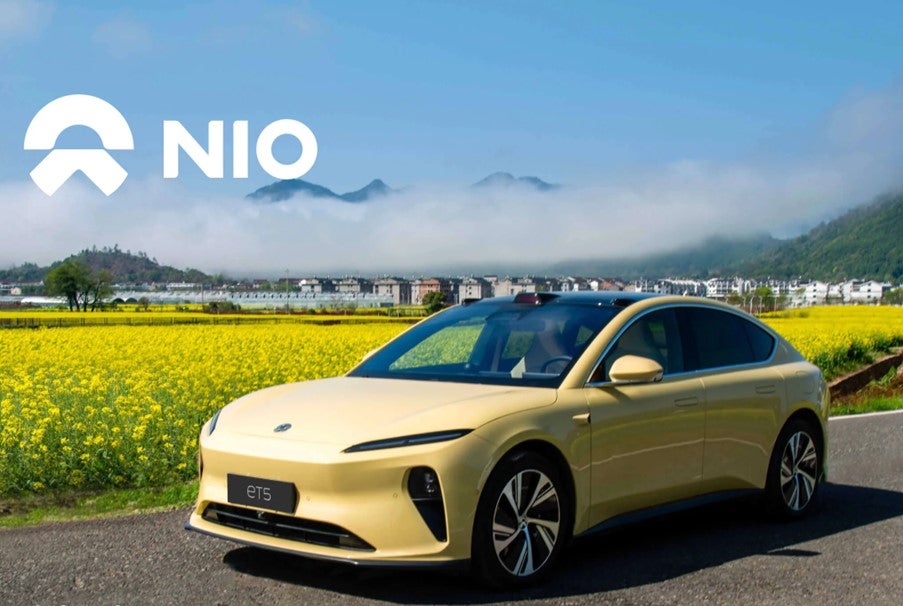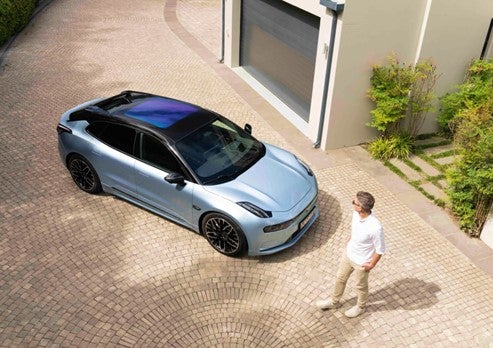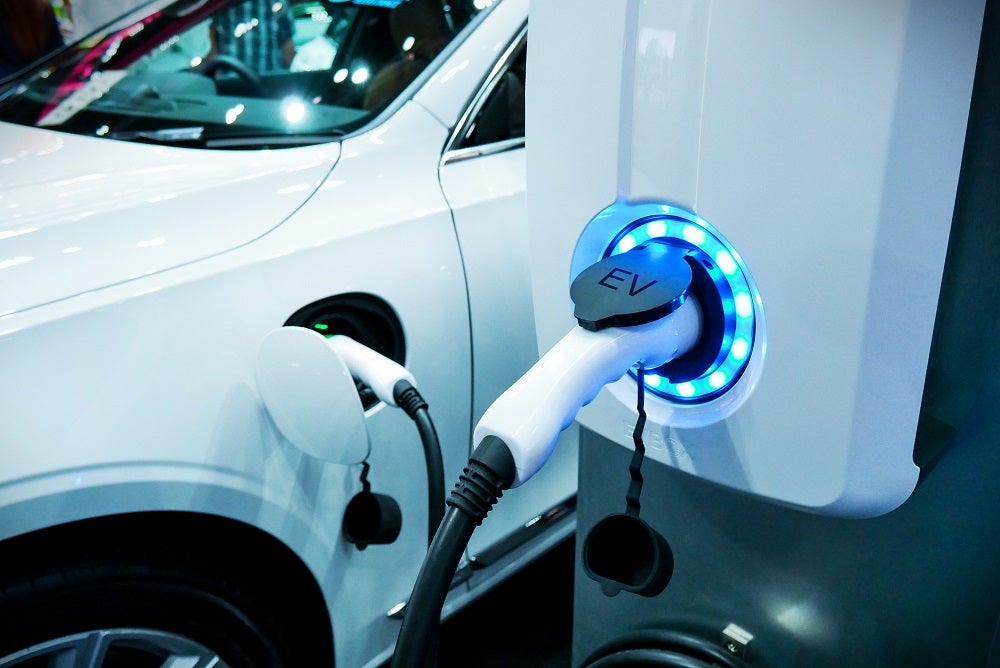
BYD Auto revealed plans to invest CNY100bn (US$14bn) in the current decade in smart, connected EVs which, it said have become the new battleground for the Chinese automotive industry.
At the BYD Dream Day event held at the company’s global headquarters in Shenzhen, CEO Wang Chuanfu said the company plans to launch 10 high end smart, connected vehicles equipped with lidar sensors and artificial intelligence (AI).
The automaker also launched its new Xuanji Architecture for smart connected vehicles which “serves as both the brain and the neural network of the vehicle, enabling an efficient blend of electrification and intelligence. This system seamlessly perceives changes in the internal and external environment of the car in real-time, consolidates this information in milliseconds and feeds it back to the central ‘brain’ for rapid decision-making. This system swiftly adjusts the state of the vehicle, significantly enhancing driving safety and comfort”.
BYD also introduced the Xuanji AI Large Model, which it describes as a “pioneering multimodal vehicular artificial intelligence, marking the first application of AI technology across all vehicular domains. It possesses the largest data foundation in the industry, leading sample sizes and high computational power covering over 300 vehicular scenarios, endowing the integrated vehicle intelligence system with the capacity for continuous adaptation”.
The company said it had over 4,000 engineers dedicated to intelligent driving, including 1,000 algorithm and hardware engineers and 3,000 software engineers, which have allowed the company to deploy Level 2 autonomous driving commercially and helped BYD become one of the first companies to receive a Level 3 test licence.
It said it aims to further develop its autonomous driving technology and reduce costs to help speed up its adoption in the global market.
How well do you really know your competitors?
Access the most comprehensive Company Profiles on the market, powered by GlobalData. Save hours of research. Gain competitive edge.

Thank you!
Your download email will arrive shortly
Not ready to buy yet? Download a free sample
We are confident about the unique quality of our Company Profiles. However, we want you to make the most beneficial decision for your business, so we offer a free sample that you can download by submitting the below form
By GlobalDataBYD also said it planned to build all terrain test drive sites which it said would “herald a new era for Chinese automotive culture in the new energy landscape”.
BYD sold 3.1m new energy vehicles worldwide in 2023, including 1.64m battery-electric vehicles and 1.44m hybrids.
“The first half [of the game] is about electrification, the second half is about intelligence,” Wang said, without giving a time frame for or more details about what innovations the CNY100bn investment was expected to yield.
Shenzhen based BYD, which passed Tesla to become the biggest maker of pure battery-powered EVs in last year’s fourth quarter, is now looking to intelligent vehicles as it seeks to catch up with its competitors in features such as autonomous driving and voice recognition.
The company has more than 90,000 employees with 4,000 working on smart driving, including 1,000 algorithm and hardware engineers and 3,000 software engineers, Wang said.
Last April, BYD released its DiSus intelligent vehicle body control system, enabling its cars to do spinning maneouvres and crabwalk.
First available on its luxury model Yangwang U8, DiSus is “the first self-developed intelligent body control system launched by a Chinese automobile company” and will serve as a foundation for BYD’s future development of its advanced driver assistance system, Wang said upon the introduction.
EVs with the latest digital technologies have become a trend in China because young drivers give priority to autonomous driving systems and digital cockpits when scouting for new cars.
Intelligence is measured by a car’s digital bells and whistles through built in features such as voice activated controls, facial recognition, over the air software upgrades, phone compatibility and self-parking.
“Nearly all key Chinese EV builders are strengthening their research and development teams to make their cars smarter in terms of self-driving and in-car entertainment,” said Cao Hua, a partner at the Shanghai private-equity firm Unity Asset Management, which counts artificial intelligence (AI) and vehicle robots among its investments.
“BYD, well-known for its high-quality batteries, is playing catch-up with its domestic counterparts like Nio and XPeng. So, it is investing heavily in intelligence to maintain its sales growth momentum.”
Guangzhou-headquartered Xpeng, known for its development of an advanced driver assistance system, plans to expand the use of its self-driving technology nationwide by the end of this year, according to co-founder and CEO He Xiaopeng.
Shanghai-based Nio launched the company’s first smartphone designed specifically as a companion device for its EVs last September, offering more than 30 car specific features such as initiating self parking mode, unlocking the car with the press of a button even if the smartphone is powered off, and transitioning a video call from the phone to the car’s screen and speakers.







